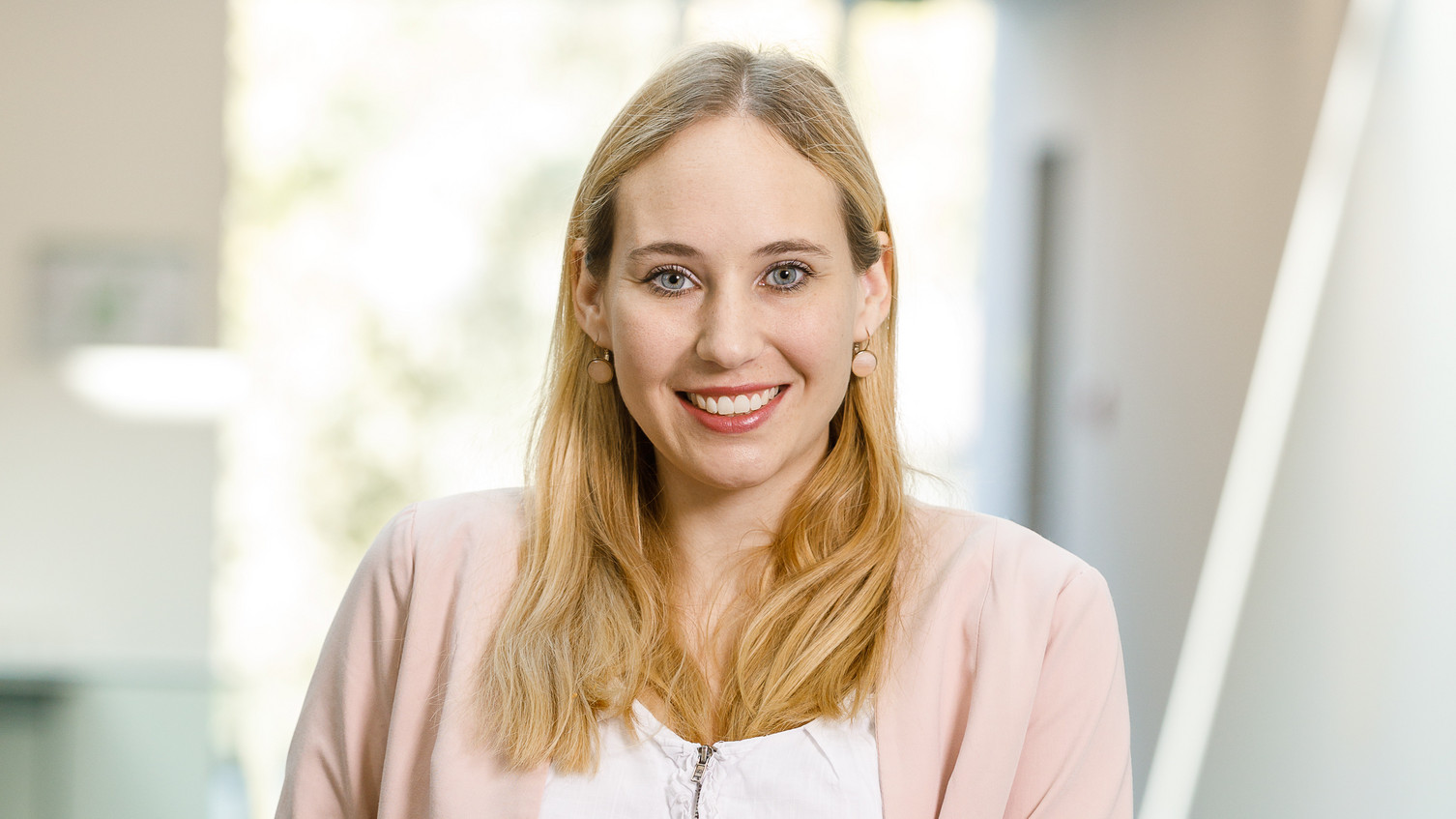Science Portrait: Dr. Sarah Stanske - Boredom as Accelerator of Innovation and Change
2020-07-22 The economist conducts qualitative research on change, innovation and their accelerators in organisations. In June and July 2020, she represented Leuphana at the Lindau Nobel Laureate Conference.
Different disciplines come together every year at the Lindau Nobel Laureate Conference; this year it is economics. Former Nobel Laureates exchange views on current research with international young scientists. Owing to the corona pandemic, this year's events were organised in online formats. At a hackathon in June, for example, the researchers jointly developed approaches to solving global problems and issues. In July, young researchers were able to present their research projects and enter into dialogue and discussion online with the Nobel Laureates. All in all, Stanske describes the event as "a great experience, which not only looks great on the CV, but was also incredibly inspiring". She was particularly pensive about the experience of some Nobel Prize winners that not even they, these highly endowed scholars, manage to enlighten certain groups of people with scientific facts about issues such as climate change. "We as scientists still have a lot of work ahead of us and have to learn how best to communicate our results," summarises Stanske.
Sarah Stanske applied with her research results on the productivity of boredom. During her doctorate at Viadrina University in Frankfurt an der Oder, Stanske spent six months doing research on organisational change in a company. The company wanted to change fundamentally despite its constant economic success. Stanske investigated the reason: "I found that the two founders were bored by the company's previous, consistent activities. This initiated a search process that subsequently led to change. Hence, boredom can be very productive and act as stimulus for innovation".
Since January 2020, Sarah Stanske has been working as a research assistant at the Chair of Business Administration, in particular Organisation. Her research and teaching priorities are leadership, change management and innovation. Stanske is also involved in the RegInnB project (Accelerating Regional Development and Innovation: A Co-Creative Approach), which investigates regional accelerators for the development of regions and innovation. The project, led by Prof. Matthias Wenzel and Prof. Boukje Cnossen, is funded by the European Regional Development Fund and the State of Lower Saxony.

